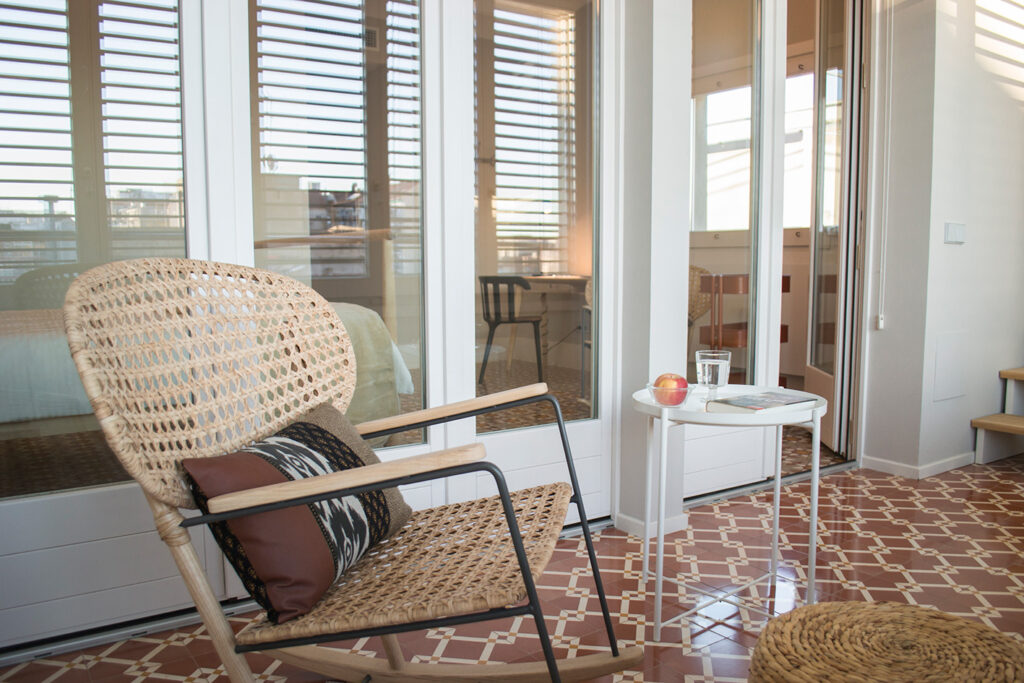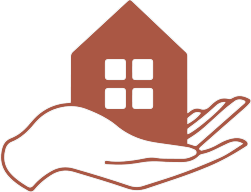Buying a flat in Barcelona - Important aspects to consider
There are so many reasons why you want to buy a flat in Barcelona, the weather, the food, the culture and of course, the lifestyle. Before you begin your search for your perfect place to live there are some important things to keep in mind. First of all, once you’ve successfully negotiated the price you have to count on some taxes and extra fees. They’re normally around 10-15% of the final costs.

First of all, once you’ve successfully negotiated the price you have to count on some taxes and extra fees. They’re normally around 10-15% of the final costs.
Formalities:
- Go to the Registro de la Propiedad (Land Registry) to obtain all the legal information about the house. You need to know if it has associated charges, such as a mortgage or something else. You can request a “Nota Simple” or a certificate of domains and charges, which has legal validity.
- Go to the Ayuntamiento (Town/City Hall) to know the legal situation of the building, because it could be affected by a future urban plan by the city.
- Go to the notary to officially purchase the flat/house. Their fees are regulated by law and are proportional to the value of the property.
- Return to the Registro de la Propiedad (Land Registry) to register the house in your name. The cost varies according to the town hall and according to the price of the house.
Expenses:
If you really like the flat or home then you’ll have to make an offer by reserving the flat. In order to do this, you must sign a document and give a deposit. This deposit isn’t normally a large sum of money. The agent will advise the owner of the amount..
Sign the contrato de arras (deposit contract), which is regulated in the “Código Civil“ and also serves to reserve the house definitely. The amount to pay ranges between 5% and 15% of the value of the home, which will be deducted from the total, and involves both parties: buyer and seller. It can be rescinded, but you will lose the money. If the seller rescinds it, they must pay you double what you have put.
Choose the mortgage that best suits you to finance the purchase. The Bank of Spain recommends that the monthly amount of the mortgage does not exceed 30% of your income. The formalization of the mortgage contract generates a tax called Acto Jurídico Documentado (AJD) that costs 1% of the deed amount.
Price the flat to establish its price according to the current market by an official appraiser. It is an essential requirement for the calculation of the mortgage by the bank. It usually costs between 250€ and 350€.
If it’s not a new home you pay additionally to the price the Impuesto de Transmisiones Patrimoniales (ITP) (transfer tax), which varies between 5% and 10% of the deed value.
If the house is new, you pay additionally to the price the VAT: 10% of the deeded value if the house is of a general nature or 4% if the house is protected.
Supplies:
Don’t forget to change the owner of the electricity, water and gas meters, whether it is purchased or rented. (read about renting in Spain here).
Agency fee:
If you’ve hired an agency to help advise you and help you throughout the buying process don’t forget that this fee is usually around 3-5% of the value of the home.
Once you are the owner, you have to pay:
- The Impuestos sobre biene inmuebles (IBI) (property tax) to the municipality, which is between 0.4% and 1.1% of the property’s value calculated by the city (cadastral value in English/valor catastral in Spanish). In the year of sale, it is the previous owner who must pay the IBI. This tax is annual and can be fractioned.
- The impuesto de basuras (garbage tax), which varies according to the municipality. Sometimes it is charged along with the IBI.
- The recibo de la comunidad (receipt of the community), for the expenses of the building.
The seguro de la comunidad (insurance of the community) that covers structural losses of the building.
Source: habitaclia.com
I hope this article was helpful for you.
Núria Ventura Meyer

